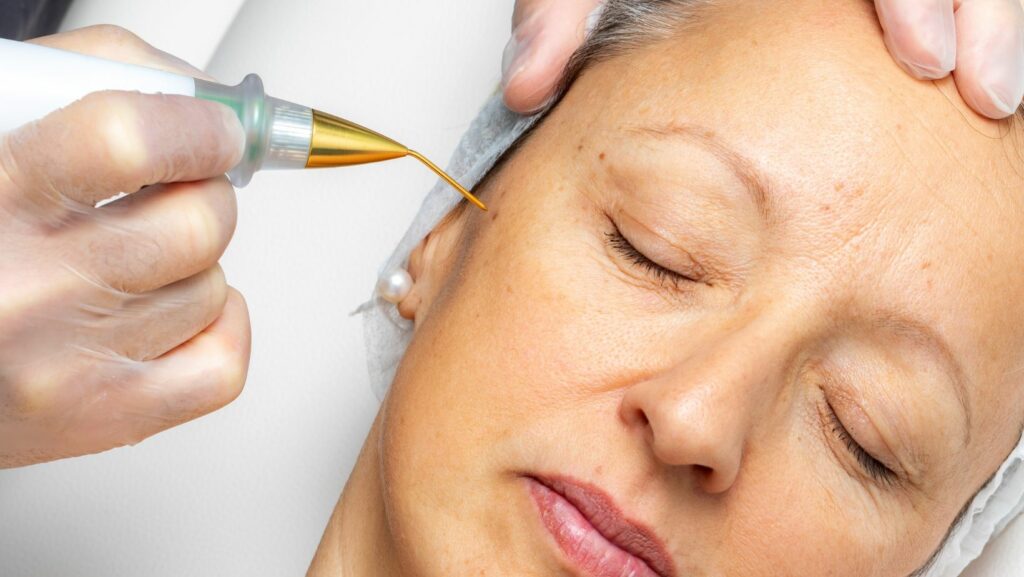
Understanding Warts
Warts can be a source of discomfort and embarrassment for many. These small, often rough growths appear on the skin when it’s infected by a form of human papillomavirus (HPV). Understanding that warts are a common skin issue is the first step in addressing them. They’re not a reflection of poor hygiene or health but rather a simple viral infection that can affect anyone. It’s crucial to approach warts with an informed and proactive mindset.
Warts, while not usually a serious health concern, can impact an individual’s quality of life. Their appearance and the discomfort they sometimes cause can lead to a decrease in self-esteem and social interaction. This makes understanding and addressing wart issues not just a physical health matter, but also an emotional well-being concern.
Common Types of Warts
There are several types of warts, each with unique characteristics. Common warts often appear on the hands and are rough and grainy. Plantar warts, found on the soles of the feet, can be painful and feel like walking on pebbles. Flat warts are smaller, smoother, and tend to appear on the face or legs. Regardless of the type, it’s essential to recognize them early for effective treatment.
Each type of wart can appear in different shapes and sizes, and their location on the body can affect the way they feel or look. For example, warts on joints or fingers can sometimes hinder movement or cause discomfort during daily activities.
Diagnosis and Professional Help
When it comes to diagnosing warts, a healthcare professional can provide the most accurate assessment. They can differentiate between warts and other skin conditions like corns or calluses. For those in Sydney, services like Swift Wart Sydney offer specialized care in wart treatment, ensuring a professional and swift resolution.
Professional diagnosis is crucial, especially for warts that are painful, changing in appearance, or spreading rapidly. In such cases, a healthcare provider can offer more advanced treatment options or check for underlying health issues that might be contributing to the wart problem.
Home Remedies: Do They Work?
Many home remedies claim to remove warts, ranging from duct tape to apple cider vinegar. While some people find success with these methods, it’s important to approach them with caution. Home remedies can sometimes irritate the skin or lead to infection, especially if not done correctly.

It’s always recommended to consult a healthcare professional before trying any home remedy, particularly for individuals with sensitive skin or underlying health conditions.
Over-the-Counter Solutions
Over-the-counter treatments usually contain salicylic acid, which gradually peels away the infected skin. These treatments require consistent application over several weeks and work best on small, recent warts. Reading instructions and adhering to them is crucial for these treatments to be effective.
It’s important to note that while over-the-counter treatments can be effective, they might not work for everyone. Factors like the size and type of the wart, the individual’s skin type, and the duration of the infection can affect the effectiveness of these treatments.
Advanced Medical Treatments
For persistent or large warts, medical intervention might be necessary. Cryotherapy, which freezes the wart using liquid nitrogen, is a common treatment. Laser therapy and surgical removal are other options for stubborn warts. These procedures should always be carried out by a healthcare professional.
Advanced treatments like cryotherapy or laser therapy can offer a quicker resolution compared to other methods. However, they may also require multiple sessions and could be more expensive. It’s essential for individuals to discuss these factors with their healthcare provider to choose the best treatment plan for their situation.
Preventing Wart Recurrence
Preventing warts is as important as treating them. Simple steps like not walking barefoot in public showers, avoiding direct contact with warts, and not sharing personal items like towels can significantly reduce the risk of developing warts.

Maintaining good hygiene and a healthy immune system can also play a crucial role in preventing warts. This includes regular handwashing, keeping skin clean and dry, and adopting a healthy lifestyle to boost immunity.
Stay Informed and Proactive
Wart treatment is a journey that requires patience and persistence. Staying informed about the types of warts, treatment options, and preventive measures can make this journey smoother. Remember, warts are a common skin issue, and with the right approach, they can be effectively treated and prevented. Whether it’s through home remedies, over-the-counter treatments, or professional medical interventions, there are multiple paths to successfully managing wart issues. Being informed, cautious, and proactive are key to keeping your skin healthy and wart-free.











